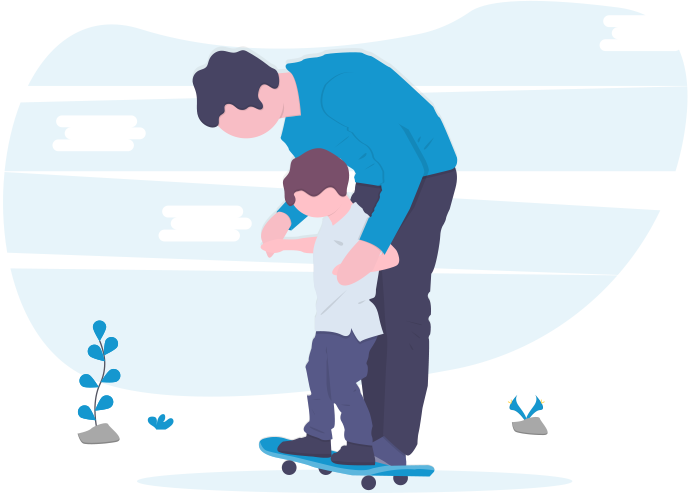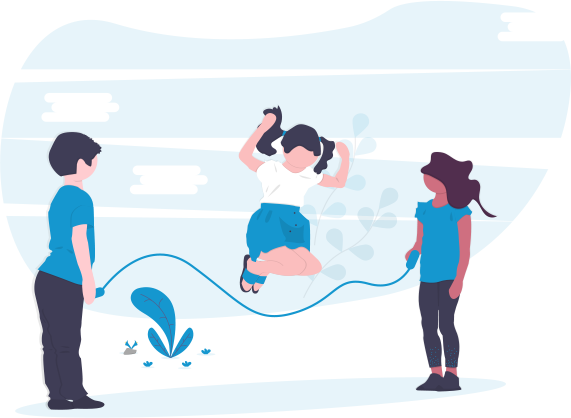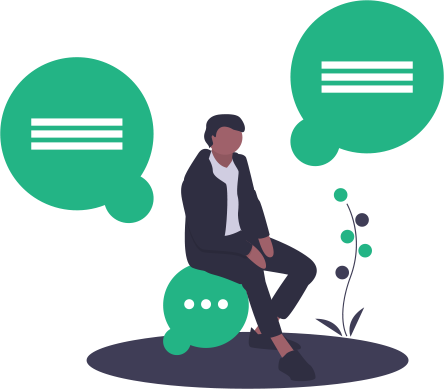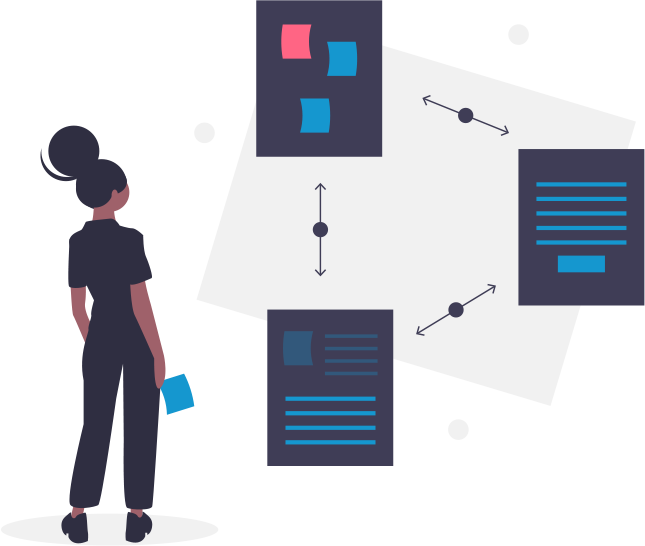Paediatric & Early Childhood Intervention
Making sure that your child has every opportunity to succeed later in life begins in early childhood.
Early childhood interventions work to promote the development of everyday activities in children. Helping to set down a foundation of positive habits and behaviours for their ongoing engagement in their relationships, schooling and community.

What is the role of an Allay Occupational Therapist?
The role of occupational therapists at Allay is to work with and support family members and caregivers in a child’s life to maximise their child’s potential and reach their goals. We aim to build the capacity of the child, family, professionals and community through coaching and collaborative team-work.
Examples of supporting a happy, healthy, engaged life include:
- Creating routines,
- Fostering play,
- Building social connection,
- Transitioning to school,
- Addressing sleep difficulties, or
- Facilitating everyday activities such as feeding and toileting.
Programs will be tailored to the specific needs of the child and their family, drawing from a wealth of innovative, evidence based resources and training held at Allay.
Other supports such as doctors or therapists will be collaborated with to ensure a comprehensive, coordinated approach.


Who might see an Allay Occupational Therapist for Early Chilldhood Intervention?
Children that have exhibited a developmental delay, have been given a health or disability diagnosis, or are having difficulty with their everyday activities may benefit from occupational therapy.
At Allay typical difficulties we support include Autism, Cerebral Palsy, Intellectual Disability, ADHD, social-emotional difficulties, trauma, or behavioural difficulties.
What is the background to Early Childhood Intervention?
Early Childhood Intervention Australia Ltd (ECIA) best practice guidelines state that providing interventions early in a child’s life helps development of the skills they need to not only take part in everyday activities as a child, but also create the foundation for their future potential. ECIA also guides that targeting activities with the family system and in the every day environment, encourages the learning and development of the child with opportunities for reinforcement, comfort and safety.
Additionally, relationship based therapy has a strong evidence base, not only for skill acquisition but also for social-emotional development and optimal mental health and family relationships. Allay thus embraces a philosophy of parents being in the key role of facilitating their child’s development and being the experts on their own child.


